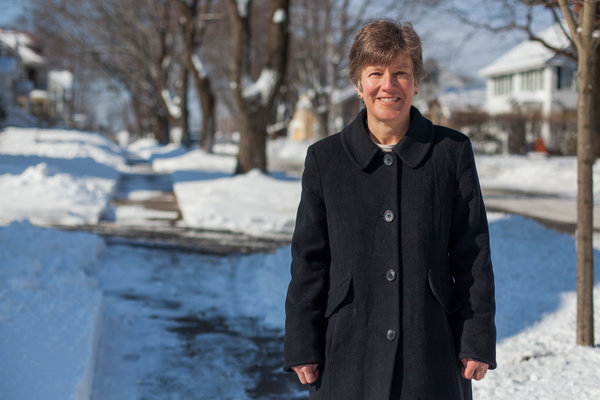If your mouths are dropping to the floor, don’t be surprised or feel you are alone. Many of us scoffed at the idea of embracing gay and lesbian marriage as achievable in our lifetime. As activists in the lesbian, gay, bisexual, and transgender movement in Boston, MA, we focused on a gay rights bill that addressed discrimination in housing, the workplace, and everyday living. We shifted at one point to the rights of gay and lesbian youth who were being forced out of their homes or held captive after parents found out they were gay. Dialogue in gay newspapers and other forums involved heated discussions introducing marriage at attainable. Many of us did not agree that emulating what was often a failed institution was in our self-interest. Many of us had already been married and did not want any part of recreating a heterosexual paradigm. I wrote a piece against gay marriage with this reasoning; later, after realizing the lesbian and gay community wanted their families recognized and their children to be able to attend school knowing their parents were married, I wrote another article citing their reasoning.
Mary Bonauto assisted Justice Kaplan by preparing an amicus brief for the Supreme Court deliberations. Mary worked for GLAD, Gay and Lesbian Advocates and Defenders in Boston for many years. Quiet and unassuming, Mary has been diligent in the pursuit of the rights of gay, lesbian, and transgender people. She was not always in favor of civil unions because she believed it created a separate system, even though she helped create the policy in Vermont. She won a case in 2003 that legalized same-sex marriage in Boston, MA, the first state to do so. She has argued the Defense of Marriage Act (DOMA) as unconstitutional.
Now, as we observe the process of deliberation among the Supreme Court Judges, some of their reasoning is predictable and worth contemplating. While they will most likely learn toward a caveat that recognizes DOMA as a prejudicial policy that creates a separate class, they will expect the states to carry out the dialogue and institute regulations according to the wishes of the states’ electorate. Ultimately, this creates an opportunity for the lesbian, gay, bisexual, transgender, and queer community to continue the process of educating the public about the importance of recognizing love, the need for security, and legal benefits of gay and lesbian marriage.
(Image of Mary Bonauto courtesy of the New York Times, 3/28/13)

Well, said, Rosemary. I agree with your assessment of what the court is likely to do. Getting rid of DOMA will be hugely advantageous. And, the rest will be left up to continued activism in the states to bring about legal inclusion of GLBTQ folks to marry if they wish!